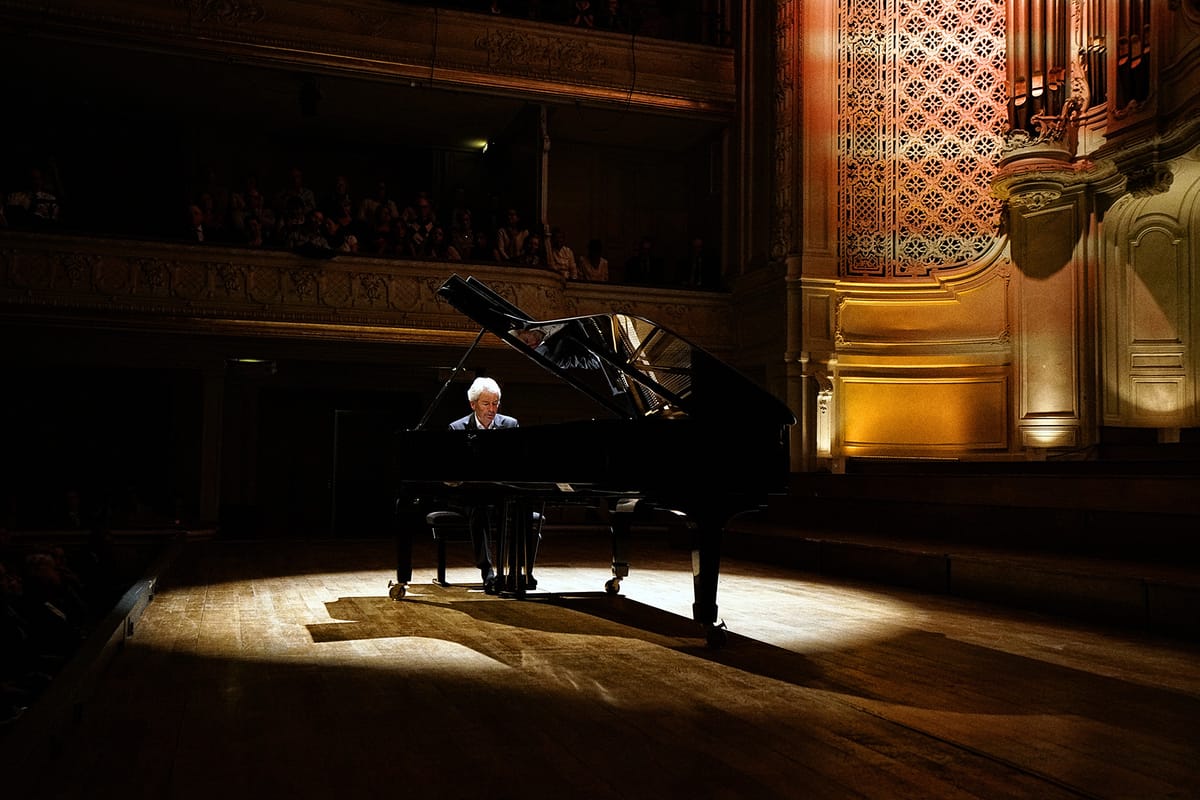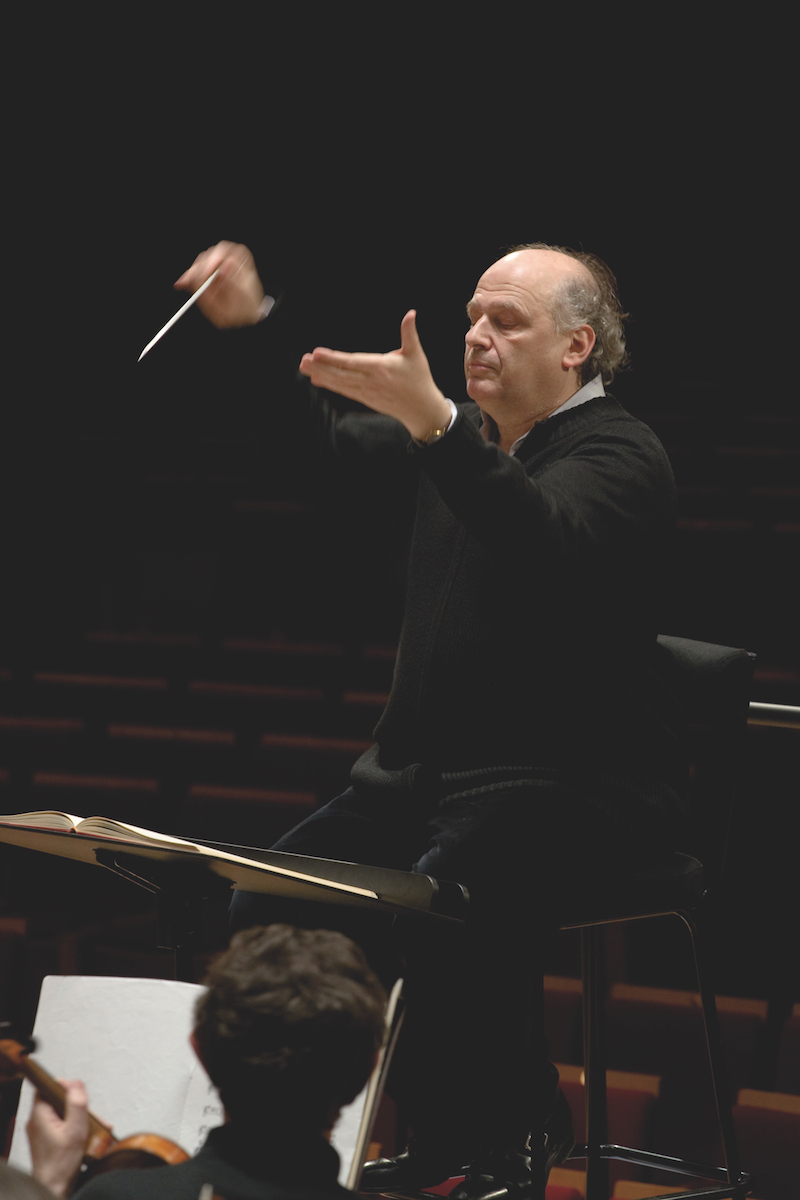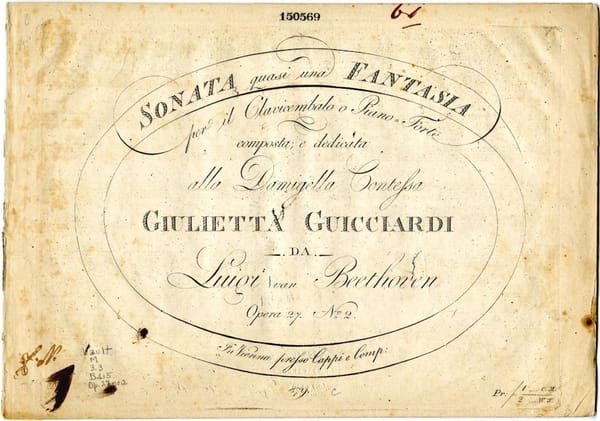The French touch

What is it about French music that makes it truly French? ON Stage speaks to conductor and composer Laurent Petitgirard and pianist Jean-Philippe Collard ahead of their performances with the Symphony Orchestra of India to find out more. By Beverly Pereira
French classical music was perhaps eclipsed by the music of Germany, Austria and Italy in the 17th and 18th centuries. But the French aesthetic, purely definitive in its sensuous and improvisatory qualities, would soon find an equal footing with the Germanic tradition. During the Romantic Period, between 1830 and 1900, musicians in France revolted against the precise form of Classicism. This new era, a result of the social and political upheaval that followed the French Revolution, saw an unimpeded expression of emotion and the fuelling of the imagination. A new style of music – programme music – developed as a means to tell a story. At the time, Paris was already a hub for musicians, thanks to the Paris Conservatory and the Paris Opera, and musicians of non-French origin made it their home alongside great French Romantics like Hector Berlioz. Hungarian composer Franz Liszt arrived in Paris in 1823, as did Polish composer Frédéric Chopin who moved to the city in 1832.

French opera at the time also differed from both German and Italian opera, in that it shone a light on intimacy and relationships shared between characters as opposed to the power and scale of the latter two. In the latter part of the 19th century, it was Camille Saint-Saëns (1835-1921), one of the most renowned French Romantic composers, who set the tone for the next generation of composers. Claude Debussy (1862-1918) followed in the steps of Impressionist artists by introducing a more relaxed sound tinged with colour and texture, as did Maurice Ravel. The music of both composers is improvisatory and imaginative, almost as if it sought to depict a painting through sound. This movement also included the great Gabriel Fauré who further refined the aesthetic.
Next month, the Symphony Orchestra of India (SOI) will introduce some works of French classical music to its repertoire for the very first time. In its Spring 2020 Season, the ensemble will be joined by composer and conductor Laurent Petitgirard and pianist Jean-Philippe Collard, two stellar artistes from France. But, what is it about French music that makes it truly French? Debussy once wrote: “The primary aim of French music is to give pleasure.” The French composer had an ardent interest in the sensual quality of the French style of music, even as he was drawn to the musical language of Wagner. The Fifth Piano Concerto of Saint-Saëns, a pioneer of French classical music, is avant-garde because it was not only composed while he was in Egypt, but was also inspired by the tunes he heard boatmen on the Nile singing. César Franck’s Symphony in D minor, believed by many to be French music’s most significant late-19th century symphony, apparently outraged the composer’s wife for its depiction of sensuality and passion. Fauré’s Ballade in F-sharp is nothing if not dramatic, sprinkled with dissonances, and once caused Liszt to say he had ‘run out of fingers’ while playing the piece.
A French sound
“One of the most characteristic aspects of French music is the finesse of orchestration. The musicians are able to play so softly that they almost don’t hear their own sound,” explains Petitgirard, well known for his symphonic music, operas and chamber music as much as he is for his intuitiveness as a conductor. Petitgirard was born in Paris and studied the piano under his father Serge Petitgirard and composition with his brother Alain Kremski, who was known for his Romantic repertoire on the piano and as a noted composer of works that used Asian instruments like singing bowls and gongs. “French classical music is much more difficult to approach than, say, the Germanic and Russian traditions. A public used to hearing German or Russian music (that I adore, of course) will begin to look for a centre that does not exist,” he says.
For virtuoso pianist Collard, French music is the music of his childhood, the music that his parents played very frequently. He was born into a musical family in 1948 in the small village of Mareuil-sur-Ay in the north east of France, and started playing the piano at the age of five.
“My father was an organist and played at the church every Sunday. He used to conduct amateur choirs every Monday and concerts of religious music (masses and oratorios) on a regular basis. It was in this very atmosphere that I, along with my brothers and sister, was put to the piano to practise my scales every day.”
Later, at the age of 11, he entered the Paris Conservatory and went on to win the first prize after spending five years at the institution. “French music is related to the landscape of my village, to the people around our house. The music favours colours, specific tones and requires more restraint. There is elegance and simplicity, but also an atmosphere of fog, clouds and the sun,” says Collard.
Petitgirard explains that the shape is different, too. “There are more symphonic poems than symphonies, and very often, the second is less convincing than the first. Of course, this isn’t the case for the Franck Symphony that will be played at the NCPA. Or for Berlioz’s Symphonie Fantastique. But when it comes to Dukas, Chausson and Lalo, this becomes very obvious. Fauré, Debussy or Ravel did not compose any symphonies and they are the essence of French music,” he says.
Beauty in the unstructured
The SOI repertoire will include the works of Saint-Saëns (Piano Concerto No. 5) and Franck’s Symphony in D minor, while Collard will perform Fauré’s Ballade in F-sharp in a recital. Renowned for his interpretations of the works of both Fauré and Saint-Saëns, Collard says,
“These two composers give me emotions and pleasure. They belong not only to my country but also to my culture. And each time I travel abroad, I am happy to play the work of these composers and I’m proud as well to export this music to people who might never have heard it.”
Petitgirard explains that most people tend to forget that Saint-Saëns belongs to the 19th century and not the 20th century. “He had a beautiful melodic inspiration and is purely classical in a distinctive way. He was, of course, horrified at the premiere of Stravinsky’s The Rite of Spring.” Fauré, he explains, is on the other end of the spectrum.
“He was more open and his original harmonic universe opened new doors very early. Fauré is more difficult to propose in programmes, especially in Germany.”
Petitgirard tells us that he possesses a letter written by Lalo, another great French Romantic composer, to the director of the Paris Opera in 1889 – six years before Wagner’s death. In the letter, he complains about the absence of programming of Parsifal and explains that Wagner is a genius. “The French composers during the period of 1880-1930 who were listening to German music felt that it was locked by the classical structure. The Germans, too, received French music as an unstructured work. But then came Wagner’s influence. Debussy hated it, while other composers like Franck and Lalo loved it,” says the French conductor, who is the Perpetual Secretary of the French Academy of Fine Arts (Académie des Beaux-Arts), the premier institution of fine art in France.
If we are to talk about trivia that concerns French music, we cannot ignore the fact that Collard’s 50-year career is also peppered with interesting stories such as the one in which he made his American debut under the baton of Seiji Ozawa in 1973. The story begins four or five years before this debut. One day, under the guidance of French pianist Robert Casadesus, Collard was stopped 15 minutes into his audition. “Casadesus said that my gift for music was much too weak and poor. I was devastated. Then, in 1973, I was invited by Ozawa to play the Ravel Concerto in G major at short notice. When I got to the stage and met the maestro, he welcomed me to the U.S. and thanked me for standing in for Robert Casadesus himself.” says the French pianist.
Unlike Collard who had visited India in 2009, this visit will be a first for Petitgirard.
“I’ve heard excellent things about the SOI and I’m always very excited to play with my dear friend Jean-Philippe, one of the great masters of piano today.”
As for Collard, whose goal ahead of the concert is to be in the best possible shape on stage, he is expecting to learn a lot more about the country.
Laurent Petitgirard and Jean-Philippe Collard will perform with the SOI on 1st March at the Jamshed Bhabha Theatre. Collard will perform a solo recital on 28th February at the Tata Theatre.
This piece was originally published by the National Centre for the Performing Arts, Mumbai, in the January 2020 issue of ON Stage – their monthly arts magazine.





